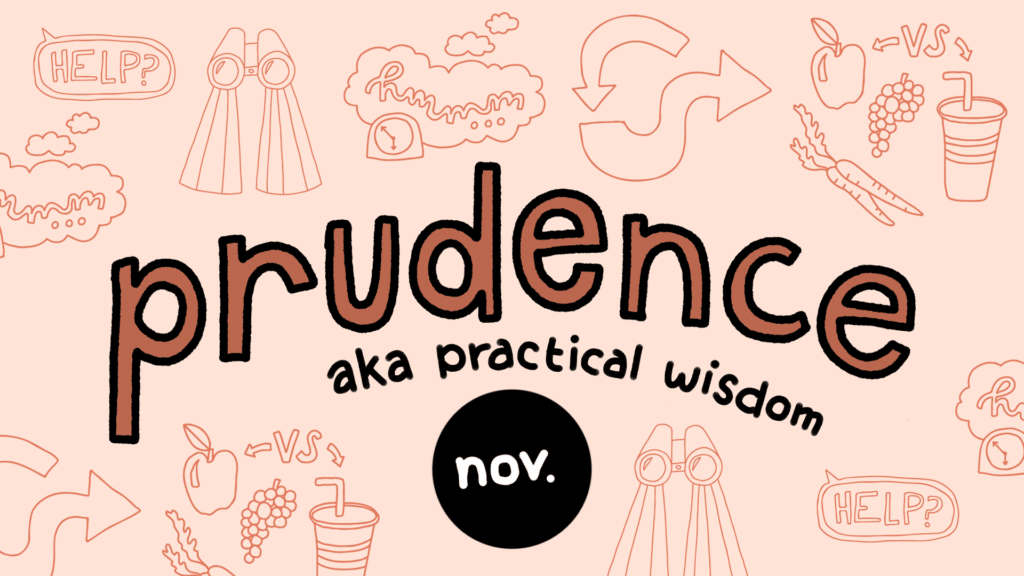
{source}
Mrs. Burns is back with another illuminating review for us today!
Pedagogic Ponderings
Mrs. Burns’ Book Review Blog
Pedagogic Ponderings is a blog review of pedagogic (educational) books by our own Jenna Burns. After teaching History and Language Arts at SLOCA UMS for five years, Jenna is taking this year off of teaching to care for her new daughter, Julianna. But she is not taking a break from learning! She is seeking out the best books on education, reading them, pondering them, and reviewing them for us. In her blog she gives us a snapshot of the books and how their educational philosophies connect to what we are doing at SLOCA. We hope her blog helps you better understand classical education and our school.

This month I’m reviewing The Well-Trained Mind. I chose this book to review because it is THE authority on classical education homeschooling. You cannot research the topic without repeatedly running into this book and for good reason. The Well-Trained Mind provides a detailed and clear explanation of classical education as well as a wealth of resources for the home educator. So, read on to find out: an embarrassing truth about Mrs. Burns, what classical education is, and an explanation of the Trivium.
I had the distinct displeasure of going to the dentist last week. Have you noticed how going to the dentist makes you feel helpless? It’s the way you’re flat on your back, drooling onto a bib, with someone else’s fingers in your mouth! But it is always the worst for me, because (and this is really embarrassing) I don’t floss. As my dental hygienist worked up a sweat scrapping off my plaque while my mouth turned into a bloody horror show, she asked me in a crisp voice, “Do you floss regularly?”

{source}
It reminded me of Mrs. Brown’s Kindergarten class when she had caught me eating. As she questioned me in front of everyone, I frantically tried to chew and swallow the evidence (a tootsie roll). Hot tears ran down my cheeks as I adamantly refused I had been eating. There was no fooling Mrs. Brown and she turned the card next to my name from green to yellow, my first memory of shame.
But I’ve learned a few things since Kindergarten, so I turned to my hygienist and admitted, “No, I don’t floss.” Still, I felt small and I began to believe that going to the dentist with healthy gums was my Litmus test for when I will have arrived at a mature, organized lifestyle, where “I have it all together.” Until then I wonder, if I’m not even flossing, can I really handle homeschooling my child through SLOCA? Maybe you have great teeth but you’re wondering – If I don’t remember math, can I really homeschool my children? Or – I have four kids. Can I really homeschool them all?
The book, A Well-Trained Mind, provides practical tools so that average parents with busy, full lives can successfully homeschool. In the book the authors Jessie Wise and her daughter Susan explain classical education philosophy and what it looks like in practice in the home at each grade level. They provide resources like daily schedules and curriculum suggestions to take the guesswork out of teaching at home. Reading this book will leave you empowered to teach your child and confident in SLOCA’s educational approach.

{photo by Mary Knudson}
As the author says, “this is a very big book,” (XXIII). It’s divided into four parts. Parts I – III outline what subjects to teach and how to teach them at every grade level. Part IV deals with homeschooling specific issues like how to socialize your child and make sure s/he ready for college.
My Three Take-Aways:
One – Classical education is about the subjects taught. Classically educated students learn: spelling, grammar, reading (great books), writing, math, history (the four-year cycle), geography, science, Latin, logic, art and music. It is a rigorous, systematic approach.
Two – Classical education goes much further than just the subjects being taught to outlining the way in which they are taught. Classical education divides K – 12th grade into three stages. In each stage the student is in a different place developmentally and so has different learning needs. More on this later.
Three – Classical education is about the subjects, how they are taught, and how the student learns. This may be one of the most important goals of classical education – to create a lifelong learner: “Classical education is designed to teach the student how to learn. [It] trains the mind to gather, organize, and use information. And the student who knows how to learn – and has had practice in independent learning – can successfully do any job,” (601).

{source}
How A Well-Trained Mind relates to SLOCA:
Being a classical school there are many parallels I could draw between this book and SLOCA, but I will focus on the Trivium, because it is core to what we do at SLOCA. You may have heard of the Trivium before but, if you’re like me, you’ll find this a helpful review.
The Grammar Stage (K – 4th): “are the years in which the building blocks for all other learning are laid,” (13) because the young mind “is ready to absorb information” and enjoys memorization, education involves “the learning of facts: rules of phonics and spelling, rules of grammar, poems, the vocabulary of foreign languages, the stories of history and literature, descriptions of plants and animals and the human body, the facts of mathematics – the list goes on,” (14).
In the Logic Stage (5th – 8th) as the student naturally begins to think in the abstract the focus shifts from absorbing facts to analyzing them. As students “think more analytically,” they begin to ask “Why?” and in doing so they seek out the, “cause and effect, relationships among different fields of knowledge, [and] the way facts fit together into a logical framework,” (14).
The Rhetoric Stage (9th – 12th) is all about effective written and oral expression. Success in this stage is dependent upon the two earlier stages: “the student of rhetoric applies the rules of logic learned in middle school to the foundational information learned in the early grades and expresses her conclusions in clear, forceful, elegant language,” (14).

{source}
Of course, the challenge is putting all this educational philosophy into practice. At SLOCA, we follow many of the book’s practical approaches so we can do just that. These include: recitations, narrati
ons, copywork, timelines, reading the classics, offering Latin and Logic, mindfully approaching spelling, grammar, and writing, and using the four-year history cycle as a spine. The book also references many of the same curriculum choices we have made from Singapore Math to IEW.
The great thing about this book is that it works nicely as a reference. Do you want to know why we do recitations, or why we learn Latin, or what the study of Logic is? All these questions (and much, much more) are answered in the book, and the table of contents will help you get to your answers quickly. It is a great resource for any of you wanting a clearer picture of classical education. Enjoy!
Bauer, Susan Wise and Jessie Wise. The Well-Trained Mind: A Guide to Classical Education at Home. New York: W.W. Norton & Company, 2004.
Coming up next: A review of The Core by Leigh A. Bortins

Great stuff! Thanks again, Mrs. Burns, for sharing these helpful reviews with us. We encourage our parents who want to be life-long learners to keep reading about classical education, and to invest in valuable reference books such as this one.
We also look forward to seeing everyone TONIGHT at the Madonna Expo Center at 6:30 for an evening with Gary Schmidt! Come support our amazing school and listen to this talented author discuss topics that are near and dear to our hearts.
If you have any thoughts to share about The Well-Trained Mind or classical education, please leave a comment below!
Other reviews in this series:
The Read-Aloud Handbook by Jim Trelease
Ten Ways to Destroy the Imagination of your Child by Anthony Esolen
The Core by Leigh A. Bortins
How to Teach Your Children Shakespeare by Ken Ludwig
Climbing Parnassus by Tracy Lee Simmons
Last Child in the Woods: Saving our Children from Nature-Deficit Disorder by Richard Louv
Play: How it Shapes the Brian, Opens the Imagination, and Invigorates the Soul by Dr. Stuart Brown
SLO Classical Academy is not affiliated with any of the above mentioned websites or businesses.











